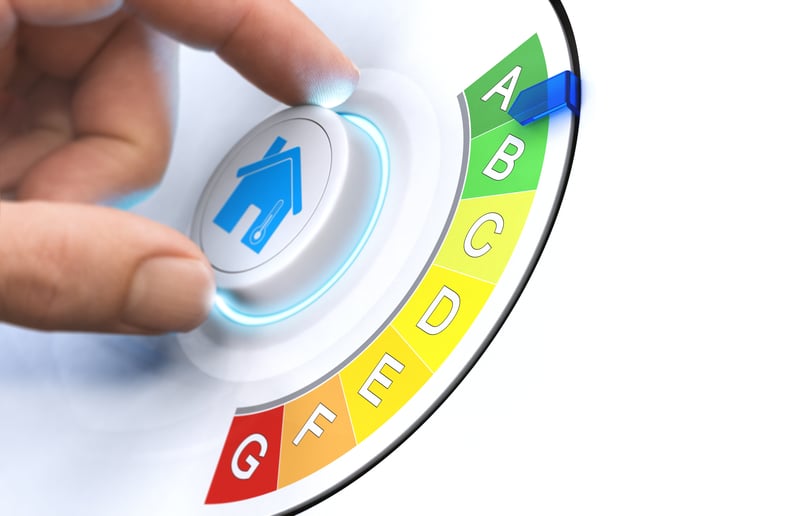In today’s world, where environmental concerns are becoming increasingly important, it is essential for homeowners to take steps to reduce their home’s environmental footprint. By making conscious choices and adopting sustainable practices, homeowners can contribute to a greener and more sustainable future.
Make it Energy Efficient
One of the most significant contributors to environmental degradation is the excessive consumption of energy. By making your home more energy efficient, you can significantly reduce your environmental footprint. Start by conducting an energy audit to identify areas where energy is being wasted. Insulate your home properly to minimize heat loss during winter and reduce the need for excessive heating. Install energy-efficient appliances, such as refrigerators, air conditioners, and light bulbs, which consume less energy while providing the same level of performance. Consider using renewable energy sources like solar panels to power your home, reducing your reliance on fossil fuels. Lastly, turn off lights and other electrical devices when not in use to avoid wasting energy. By implementing the above strategies, you can make your home more energy efficient and reduce your environmental impact.
Move into a Smaller Home
While the idea of downsizing may seem daunting, moving into a smaller home can have a substantial positive impact on the environment. Smaller homes require fewer resources overall to maintain. They require less energy for heating, cooling, and lighting, reducing both your carbon footprint and utility bills. A smaller home encourages you to adopt a minimalist lifestyle, promoting conscious consumption and reducing waste generation. Downsizing not only benefits the environment but can also free up financial resources that can be invested in other sustainable practices or contribute to a more secure retirement plan. Smaller homes tend to be in more desirable locations due to their limited space availability, making them perfect for those looking to live closer to amenities.
Reduce Water Use
Water is a precious resource, and conserving it is crucial for environmental sustainability. By implementing water-saving measures in your home, you can significantly reduce your environmental impact. Install low-flow fixtures in your bathrooms and kitchen, which can save a significant amount of water without compromising functionality. Fix any leaks promptly, as even small drips can waste gallons of water over time. Consider landscaping your yard with drought-resistant plants and implementing efficient irrigation systems, such as drip irrigation, to minimize water usage in your garden. Practicing responsible water habits, such as shorter showers and only running the dishwasher or washing machine with full loads, can make a noticeable difference in conserving water resources.
Reducing your home’s environmental footprint is a responsibility that every homeowner should embrace. By making your home energy efficient, moving into a smaller home, and reducing water use, you can significantly contribute to a more sustainable future. These actions not only benefit the environment but also result in financial savings and a more mindful lifestyle. Take the first step towards reducing your home’s environmental impact and make a positive change today.
Did You Enjoy Reading This Article? Here’s More to Read: Why You Should Spend More On Your Backyard

